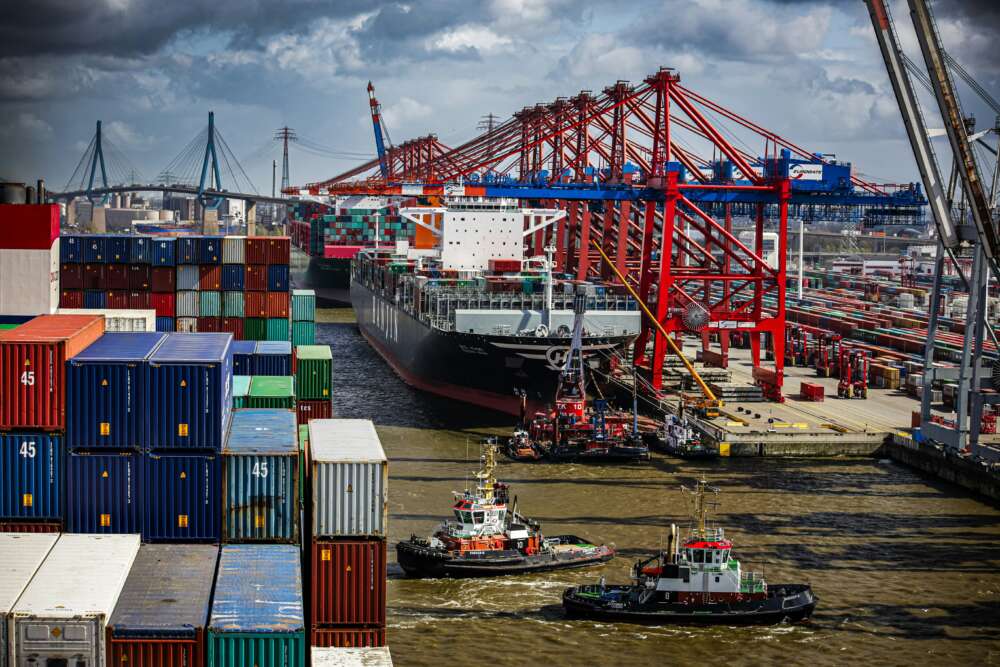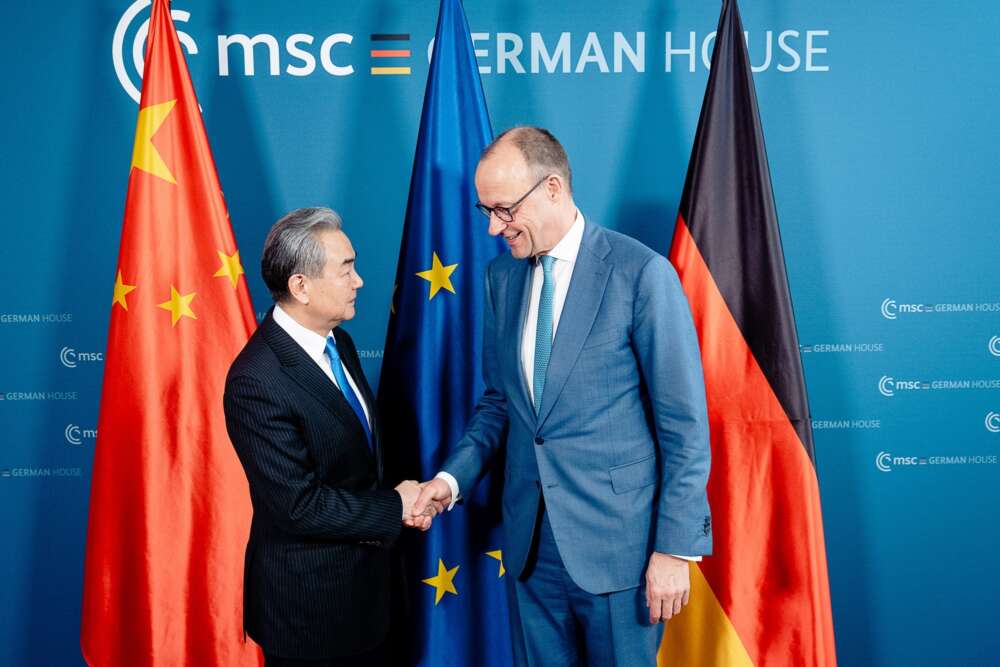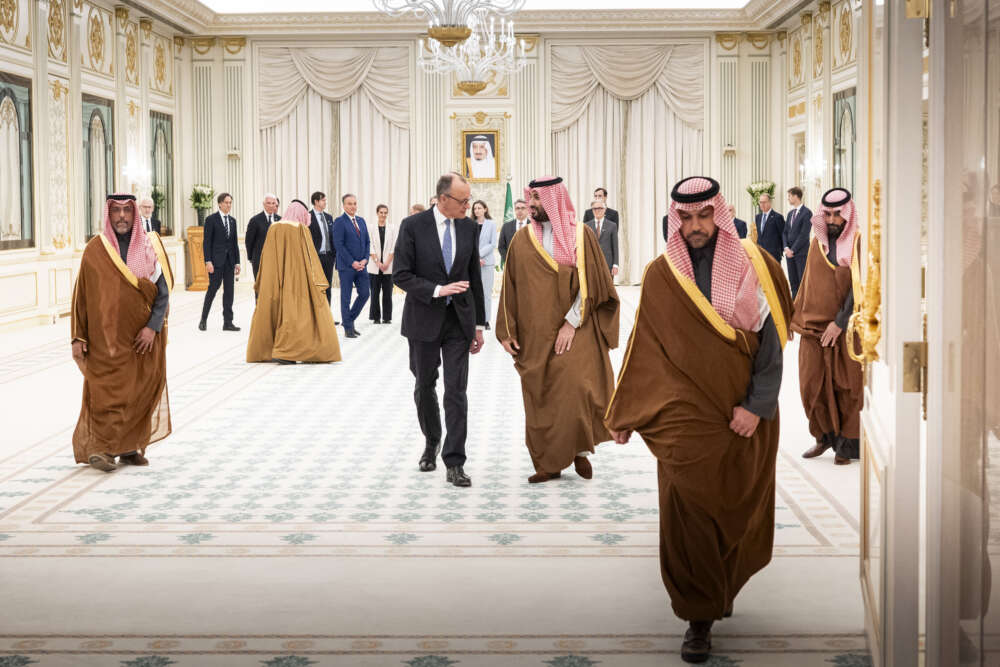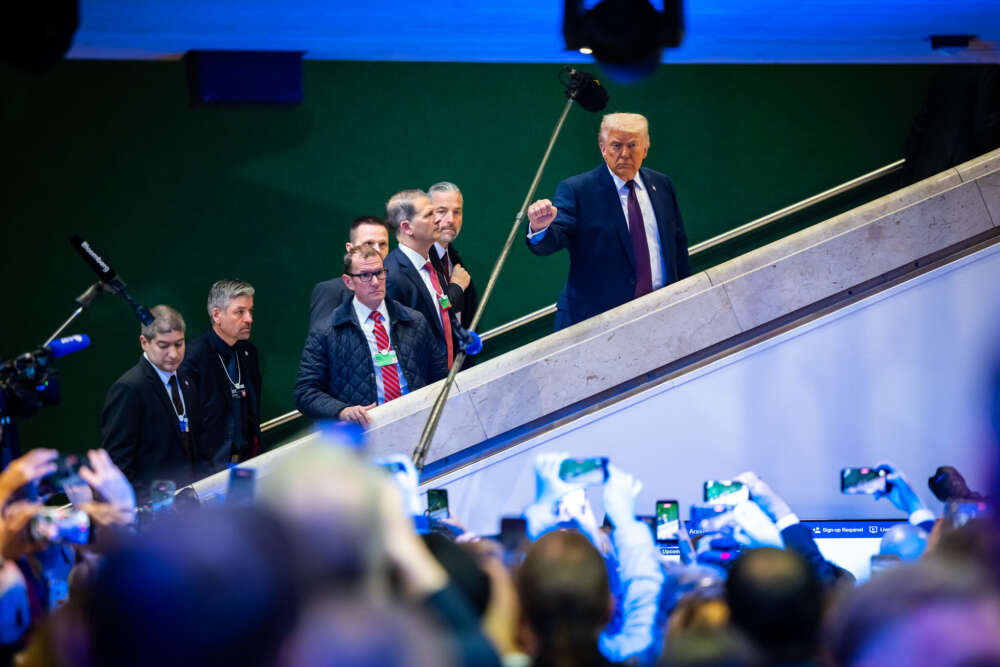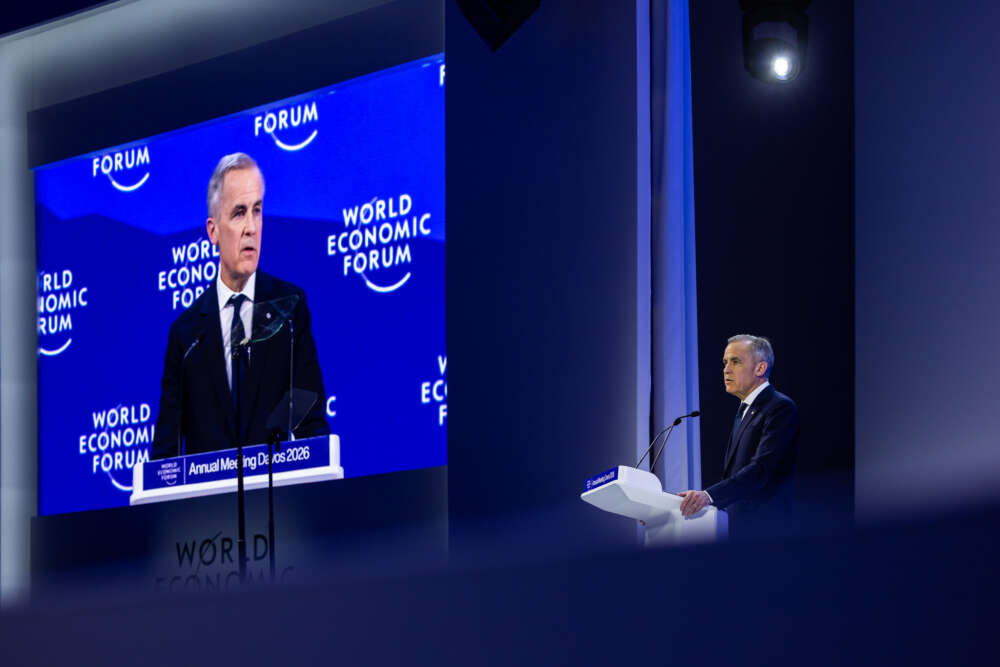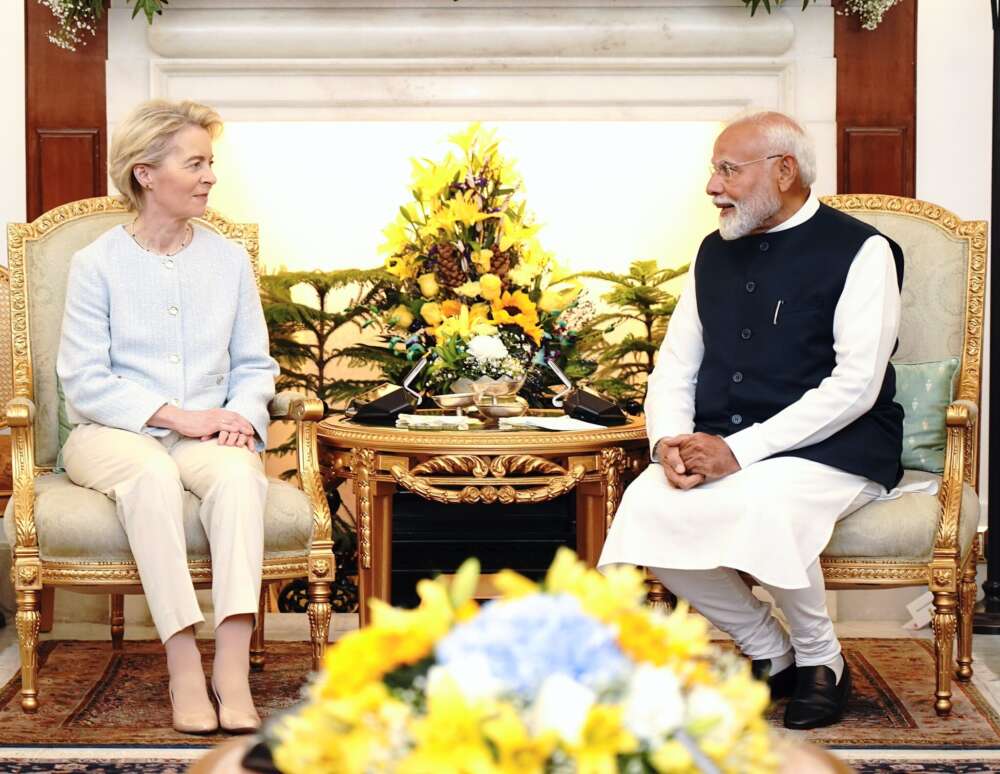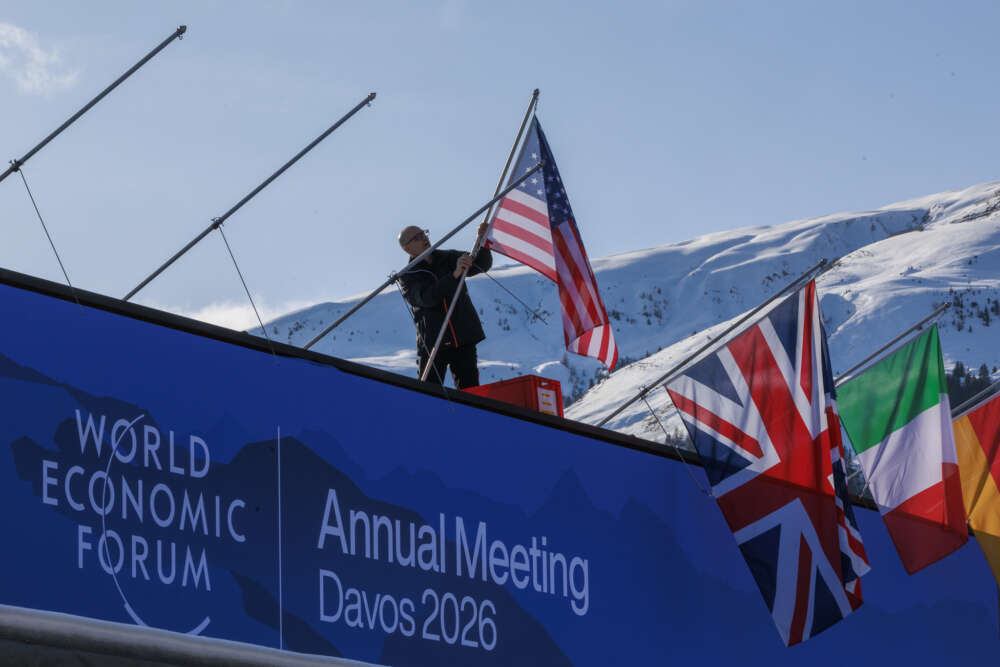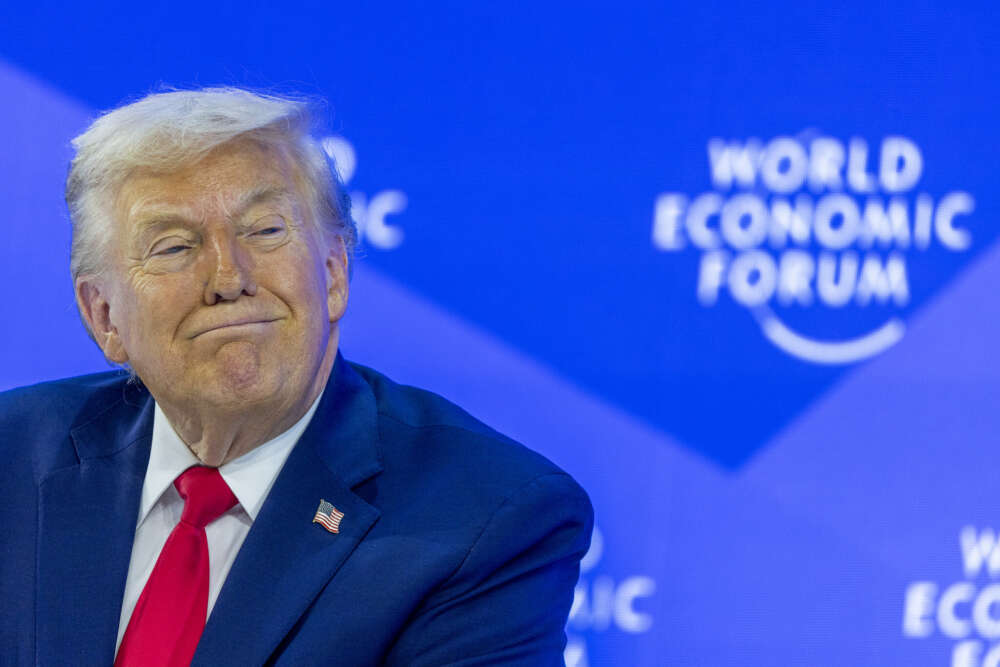“Things Will Only Get Tougher for Germany in This New Cold War”
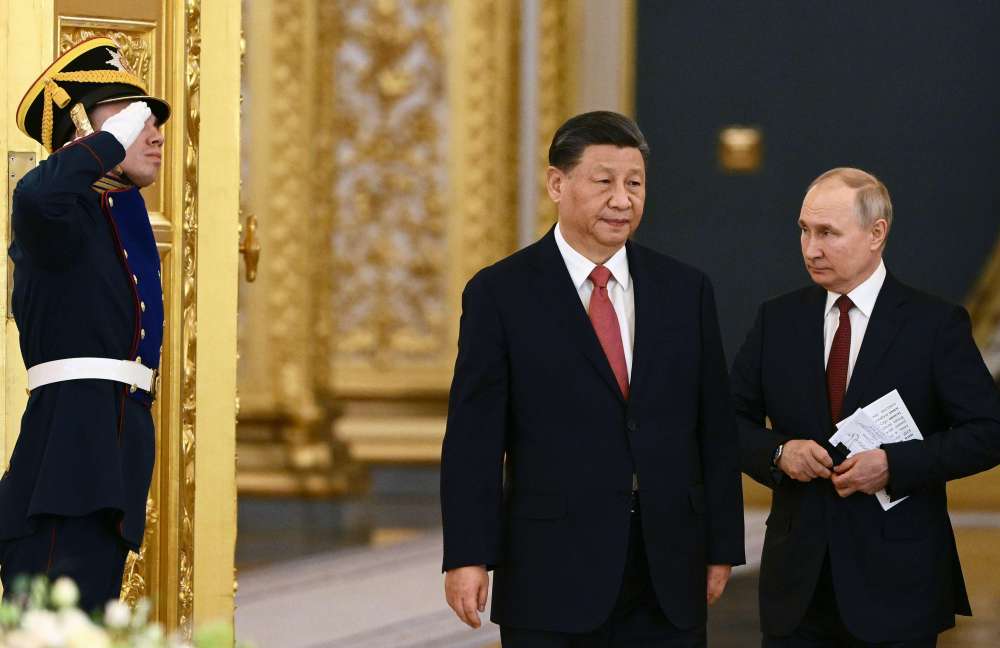
WELT: After his recent three-day visit to Moscow, China’s President Xi bid farewell to Vladimir Putin with words that reverberated around the world: “Currently, there are changes underway such as we have not seen in 100 years. And it is we who are driving these changes together.” What message does that send to Germany and the Western alliance?
Thorsten Benner: It’s an announcement of China’s claim to power. Xi sees the West in decline and Asia, especially China, on the rise. From the perspective of China’s leaders, this is a return to normal. For them, the last 300 years of Western dominance represent an anomaly in world history. Before that, China stood at the center of the world for 1700 years and dominated economically. Xi’s mission is to restore Chinese greatness. This is part of Xi’s ‘Chinese Dream’ and the great national rejuvenation that the Chinese Communist Party chairman wants to realize by 2049. And it includes China’s rise to become the world’s leading technological power. At the same time, Xi wants to go down in history as the man who brought Taiwan under Communist Party control and thereby won the final victory in the Chinese civil war.
WELT: Xi’s visit also demonstrated the key role that China will play in the future course of events in Ukraine. The country’s leadership has itself underscored this claim with its much-discussed position paper on the war. What exactly does China want?
Benner: The most important thing for Xi is to know Russia and Putin will be on his side in China’s struggle with the United States. In this respect, and paradoxically, neither China’s Europe policy nor its Ukraine policy are at their core fundamentally about Europe or Ukraine. Rather, Beijing wants to strengthen its position in the fight with the US. Beijing considers relations with Washington to be beyond repair. From China’s point of view, the recent spy balloon episode has made it clear once again that there can be no constructive relationship with the United States. So for Xi, the question is: Do I face the US alone or with another nuclear power and a permanent member of the UN Security Council by my side? The shared hostility vis-à-vis the US is more powerful than all the distrust that continues to exist between China and Russia.
WELT: And yet China seems to be hesitant about supplying weapons to Russia, at least according to the information we have. Why?
Benner: Beijing is hesitating because the costs of this step would be very high. Extensive arms deliveries to Russia, as both US President Biden and German Chancellor Scholz have made clear to Xi, are a red line for the West. They would immediately lead to sanctions – an outcome that Beijing wants to avoid. That is also why, so far, many Chinese companies have to a significant degree complied with the sanctions imposed by the West on Russia. And that’s why China’s support for Russia has been limited as far as military technology is concerned. We also should not underestimate the element of time: the weaker and needier Russia gets, the better the terms that Beijing can negotiate for itself. At some point, Beijing might also become interested in highly sensitive Russian military technology and greater access for the Chinese navy in the Arctic. And China knows that it is the only country by Putin’s side that really has extensive power in the sense of military, political and economic capabilities. If it provides lethal weapons to Moscow, it will want something major in return to justify the costs.
WELT: Do you share the view that China will not allow Putin to be humiliated on the battlefield?
Benner: I don’t think that Putin’s potential humiliation is a decisive factor for Xi. But if there really is a threat of Putin losing power and being replaced by a new leadership in Moscow, one that would seek to move away from being Beijing’s junior partner, then Beijing could provide Russia with greater military support, despite the political and economic costs. A Russian leadership that would try to repair relations with the West would be the worst-case scenario for Beijing.
WELT: Many people, not only in this country, have the feeling that global order is shifting.
Benner: We are witnessing the emergence of a new Cold War under multipolar conditions, and it is intensifying. The US and, by extension, America’s allies now face a double threat from hostile great powers: China and Russia. At the same time, there are many major powers, including India, Indonesia, Brazil, Nigeria, and South Africa, that want to write their own history rather than choose a side in this new standoff. With all of these, Germany can and should deepen its relations.
WELT: How should Germany and Europe position themselves beyond that?
Benner: One thing is certain: going forward, things will only get more challenging for Germany. It’s likely that we will never have it as good again as we do today. On the one hand, there is a growing danger that this new Cold War will turn into a hot one, especially in Asia – think, for instance, about Taiwan or the South China Sea. On the other hand, we will not always have a grandfather Joe Biden who organizes European security in an all-inclusive carefree package. In the best-case scenario, the next US president will shift his country’s capabilities and attention much more to the Indo-Pacific; at worst, a return of Trumpism could mean an abrupt end to US security guarantees for Europe. Every day of the Biden administration is a gift that Germany, with fear breathing down our necks about what comes next, should use to invest – with utmost determination – in stronger European capabilities.
WELT: Through its forthcoming new China strategy, the German government wants to reduce “excessive economic dependence” on Beijing. What is the current reality?
Benner: At the moment, Germany is highly dependent on China in areas that are quite critical. On the one hand, this is the case with regard to raw materials and industrial intermediate products. On the other China is a crucial market for large German companies. I am thinking above all of Volkswagen, Daimler, BMW, and increasingly also BASF. In addition, there is more and more research and development cooperation with China, which the US sees very critically. Now, you might think it is reassuring that this dependence is mutual. China is also very dependent on Europe as a market. But the lesson to be learned from our relations with the Kremlin is that we must not rely on the idea that these mutual dependencies leads the other side to adopt our views on what behavior is rational. Moscow was also dependent on our technology and money, far more so than we were dependent on Russian raw materials. Still, Putin chose war for ideological reasons and power. And Xi is similar: he is driven by ideology and a quest for power. So we must reduce these dependencies in sensitive areas to be able to act autonomously.
WELT: Which areas are of particular concern?
Benner: Let’s take Germany’s energy transition. Shortly after the 24th of February, 2022, German Finance Minister Christian Lindner memorably stated in a speech to the German parliament that renewable energies are “freedom energies.” At the moment, however, they are “unfreedom energies” for Germany, because in all the central technologies that underpin the energy transition we are either already very, very dependent on China or are in danger of becoming so. We are 95 percent dependent on China in the solar industry, which moved out of Germany a good decade ago. We are very dependent on China for battery technology. And if we do not act, the same dependency is a threat in wind power, because in what is unfair competition with Chinese competitors, European manufacturers like Siemens Gamesa and Vestas are currently at risk of suffering exactly the same fate as the German solar industry.
WELT: If we want to reduce dependencies on China, we need alternatives. You were just in Australia in this context. Why?
Benner: Together with the Robert Bosch Stiftung, we are organizing a parliamentary exchange with Australia, in which the topics of economic security and the energy transition also play an important role. Not only can Australia produce green hydrogen on a large scale in the future, it also has many of the critical raw materials we need in key areas. Right now, Australia exports many of these raw materials for processing to China, which dominates the world market. So we need to help build downstream processing capacity in Australia (just as we do in Chile or other countries). But there are still some unresolved issues in this diversification strategy for critical raw materials. Germany has no major global companies in the mining sector. That is why it is important that large German businesses take action to secure their value chains also for natural resources. Daimler and Volkswagen have already started. Last but not least, government requirements and incentives remain an important point. The Nordstream experience is a case in point: as long as Russia supplied gas cheaply and reliably, there was no incentive for Germany to invest in liquefied natural gas terminals. We paid for this dearly when Russia invaded Ukraine.
WELT: Do you have the impression that the urgency of these changes has sunk in with politicians and the business community in Germany?
Benner: Fortunately, the objective of reducing dependencies on critical raw materials and in supply chains is completely undisputed within the governing coalition and also within the main opposition party CDU/CSU. There is a very broad consensus on this, unlike, for example, when it comes to the question whether large companies such as VW should reduce their dependencies on China. On the latter, the Chancellor’s office seems to shy away from taking a clear stance vis-à-vis, say, the Volkswagen management, which wants to increase dependence on China even more. With regard to raw materials security, Scholz’s State Secretary Jörg Kukies is working closely with his counterpart Franziska Brantner and her team at the economics ministry. But in my view, there should be a much larger interagency task force for this, one that resolutely sets itself the task of identifying critical dependencies, especially in all energy transition technologies, and then doing everything in its power to reduce them.
WELT: You say that Germany and Europe also need to invest in deterrence with respect to Xi. How do you envision that?
Benner: Thinking about deterrence must once again become the linchpin of debates about peace and security in this country. No matter how Russia’s war of aggression against Ukraine eventually ends, one thing is clear: a Kremlin that continues to follow this kind of aggressive and violent revisionism will always seek to challenge existing boundaries, and we must be capable of deterring Russian attacks at any time. Likewise, we need to think about how Europe can develop its own nuclear deterrent capabilities should the US nuclear umbrella fall away. This is an extremely uncomfortable debate for Germany, but it is necessary. For Europe, this also involves a possible nuclear umbrella using French nuclear weapons. At the same time, deterrence is also a key element in our policy vis-à-vis Xi’s China and his ambitions to gain control over Taiwan. Here, Germany does not have a military role in terms of deterrence, but it does have one with regard to the economy and technology. The central imperative of a peace policy for this region has to be to make it clear that an attack on Taiwan would result in massive economic and technological sanctions on the part of the entire Western alliance. This is another reason for reducing our dependencies, so we can credibly make this threat. And we must not cave when it comes to sanctions against Russia either, not least because Xi is closely studying our capacity for suffering and perseverance.
WELT: With regard to the danger posed by Russia, the German government acted naively for years. With the invasion of Ukraine, its established Russia policy collapsed. Some observers think that we could eventually experience a similar scenario with the Taiwan conflict. How probable is a hot war between the US and China?
Benner: No one can give reliable estimates in the sense of a percentage. But the risk is considerable and we need to act accordingly. We cannot make the same mistake and rely on the hope that the other side will act according to what we think is rational. So we must expect that Xi Jinping will at some point decide to use force against Taiwan in order to fulfill that part of his Chinese Dream. Just as Putin wanted to go down in history as the leader who restored much of the Soviet Union after ‘the interlude’. Our task is to use deterrence in the way I have described, to make that scenario less likely. And, at the same time, we must prepare ourselves so that we can withstand the economic shock effects if such a war happens. I am concerned when I follow the discussion in Germany on infrastructure for 5G and mobile communications, where Deutsche Telekom is still relying on Huawei and we are still not enforcing a ban despite the risks of sabotage. Similarly, it worries me that now Deutsche Telekom wants to revamp the IP network of Deutsche Bahn, Germany’s national railway company, with Huawei technology. This sounds like a bad joke and shows that the seriousness of the situation still has not registered with some key decision-makers.
The interview as conducted by Ibrahim Naber. An abridged German version of this interview was originally published in WELT on April 2, 2023.
A German translation of the longer version is available.
